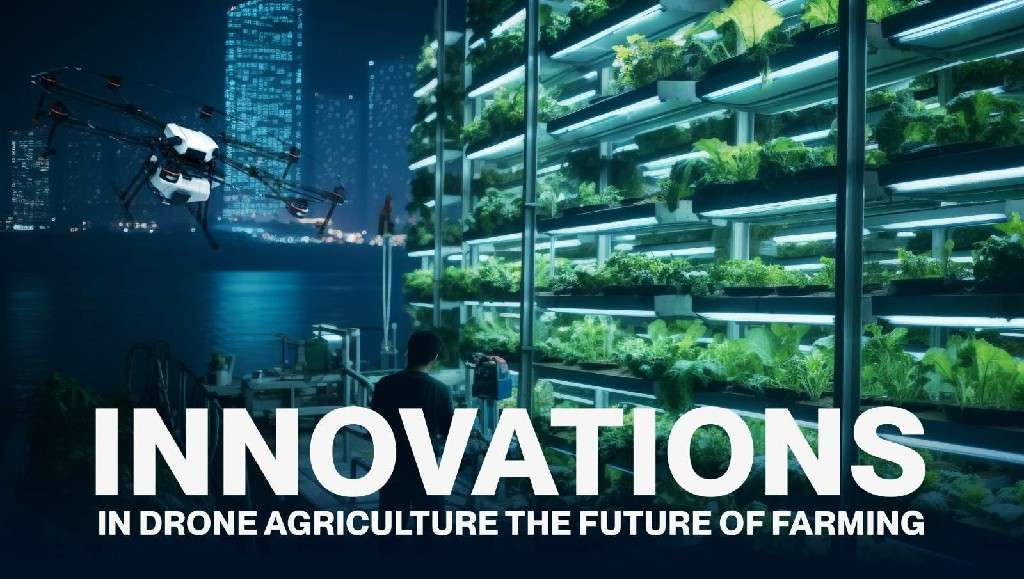
Innovations in Drone Agriculture: The Future of Farming
Emerging Technologies
The integration of emerging technologies in drone agriculture is driving significant advancements. Drones equipped with multispectral and hyperspectral cameras offer detailed crop analysis that traditional methods cannot match. These sensors capture data across different wavelengths, allowing farmers to assess plant health and identify stress before it becomes visible to the naked eye. This technology empowers farmers to make timely decisions that can enhance crop yields.
Spraying and Fertilization
One of the most practical applications of drones in agriculture is their ability to spray pesticides and fertilizers efficiently. Drones equipped with spraying capabilities can distribute chemicals evenly across large areas, reducing waste and ensuring precise application. This method minimizes the environmental impact of chemical use and reduces the time and labor required for traditional spraying methods. Farmers can achieve better results while promoting sustainability in their practices.
Data Analytics and AI
The integration of data analytics and artificial intelligence (AI) is another significant trend in drone agriculture. Drones can collect vast amounts of data, which can be analyzed to derive actionable insights. AI algorithms can process this data to identify patterns and predict outcomes, helping farmers make informed decisions. This predictive analytics capability enhances efficiency and can lead to increased profitability by optimizing resource allocation.
Environmental Monitoring
Drones are also playing a crucial role in environmental monitoring. By collecting data on weather patterns, soil conditions, and crop health, drones can provide farmers with valuable insights into their farming practices’ ecological impact. This information allows farmers to assess the resilience of their crops and adapt to changing environmental conditions, ensuring sustainable farming for future generations.
Integration with Other Technologies
The future of drone agriculture is characterized by its integration with other technological advancements. The synergy between drones and Internet of Things (IoT) devices enables real-time monitoring and automated responses to changing conditions. Additionally, drones can work alongside robots and autonomous vehicles to streamline agricultural operations, further enhancing efficiency and productivity.
Accessibility and Adoption
As drone technology becomes more accessible, small-scale farmers are also beginning to adopt these innovations. The availability of affordable drone options and educational programs is making it easier for farmers to understand and utilize drone technology effectively. This democratization of technology is empowering farmers of all sizes to benefit from the advantages that drones offer.
Future Trends
Looking ahead, the future of drone agriculture is filled with exciting possibilities. Continued regulatory advancements are expected to ease the challenges associated with drone usage in agriculture, making it easier for farmers to integrate this technology into their operations. As innovation continues, we can anticipate the development of more user-friendly and efficient drone systems that will further revolutionize the agricultural sector.
In conclusion, drones are at the forefront of innovation in agriculture, transforming the way farmers operate and manage their resources. From precision spraying to advanced data analytics, the applications of drone technology are vast and varied. As we embrace these advancements, the potential for increased efficiency, sustainability, and productivity in farming is greater than ever. The future of agriculture is indeed bright, thanks to the incredible innovations in drone technology.

